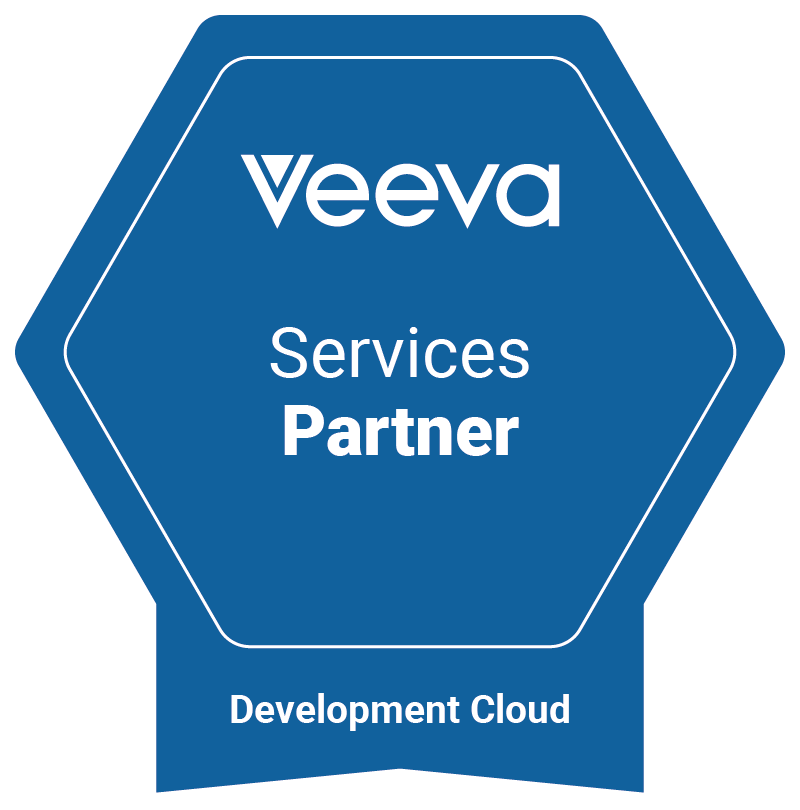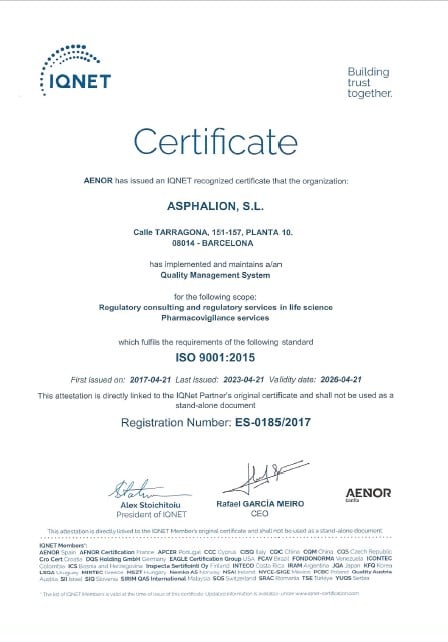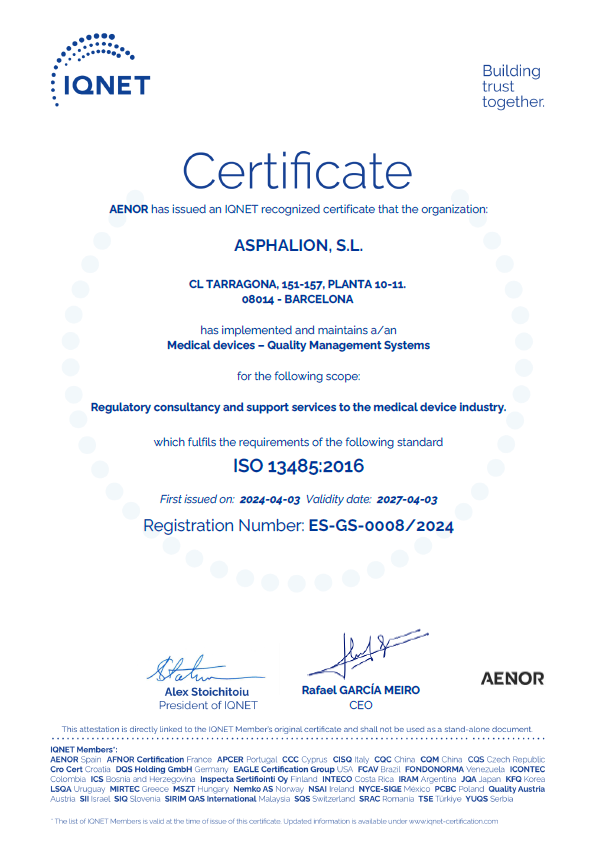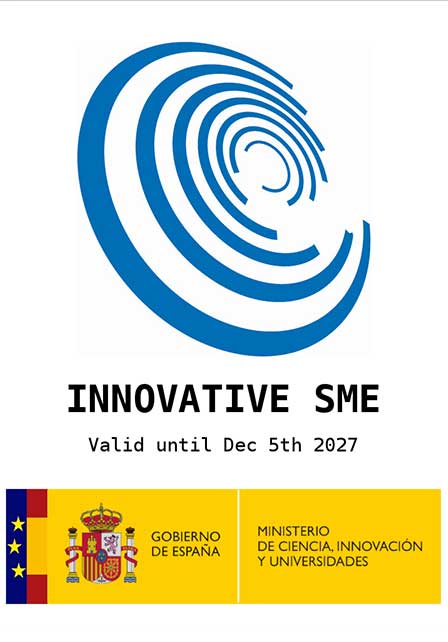In the dynamic world of medical devices, ensuring safety, performance, and efficacy doesn’t end after receiving regulatory approval and market entry. Post-market surveillance (PMS) and Vigilance are pivotal in maintaining ongoing device safety and staying in compliance. These processes enable regulatory affairs professionals to detect, evaluate, and act upon any issues that might arise after a medical device is made available to the public.
The Essence of Post-Market Surveillance
Post-market surveillance is a systematic process of the ongoing monitoring and evaluation of a product or service after it has been released to the market. It involves the collection, analysis, and interpretation of data relating to the performance, safety, and effectiveness of the product or service in real-world use. This ongoing scrutiny helps in:
- Detecting Unanticipated Adverse Events: Clinical trials performed in the pre-market phase offer limited insights into potential adverse events. PMS helps in identifying unforeseen issues that may only become apparent after wider and diverse usage.
- Understanding Long-Term Performance: Some device issues only emerge over extended use. PMS tracks longevity and continued performance, ensuring that devices meet standards throughout their lifecycle.
- Responding to Technological Advancements: The medical device industry is continually evolving. PMS assists in understanding how older devices compare with newer technologies and innovations.
Adverse Event Reporting: A Foundation of Device Vigilance
Adverse event reporting is a critical component of PMS. It involves the documentation and analysis of any incidents where a medical device might have led to undesirable medical outcomes. This process:
- Ensures Rapid Response: Quick reporting of adverse events enables swift action to mitigate risks, which may include device modifications, recalls, or issuing safety alerts.
- Feeds into Regulatory Compliance: Regulatory bodies require timely reporting of adverse events. This compliance is crucial for the continued licensure and market presence of the device.
- Builds Public Trust: Transparency in reporting adverse events reinforces public trust in medical devices and the companies that produce them.
The Role of Vigilance in Device Safety
Vigilance in the context of medical devices is a critical component of PMS and refers to the constant attention and proactive actions taken to ensure device safety. It encompasses:
- Regular Monitoring and Data Analysis: Continuous monitoring of device performance and rigorous analysis of data collected from various sources, including healthcare professionals and patients.
- Risk-Benefit Assessment: Regular assessment of the risks and benefits of a device, especially considering new information or adverse events.
- Stakeholder Engagement: Involving healthcare professionals, patients, and regulatory bodies in a dialogue about device safety and performance.
Benefits of Effective PMS
Effective PMS offers a range of benefits, including:
- Improved patient safety: Early identification of potential safety risks can lead to timely corrective actions, preventing harm to patients.
- Enhanced public confidence: Robust PMS programs demonstrate a manufacturer’s commitment to patient safety and can strengthen public confidence in the safety of medical devices.
- Regulatory compliance: PMS is a regulatory requirement for medical devices in many jurisdictions, and adherence to PMS guidelines can help manufacturers avoid regulatory penalties.
- Product innovation: PMS data can be used for product development and improvement, leading to safer and more effective medical devices.
Conclusion
Post-market surveillance and Vigilance are essential components of the medical device lifecycle and are not merely regulatory requirements; they are essential practices that ensure the safety, performance, and efficacy of medical devices throughout their lifecycle. These activities help protect patients, aid healthcare professionals, and enhance the reputation and credibility of medical device companies. As regulatory affairs professionals, our role in this process is not just about compliance; it’s about commitment to patient safety and the advancement of healthcare technology.














